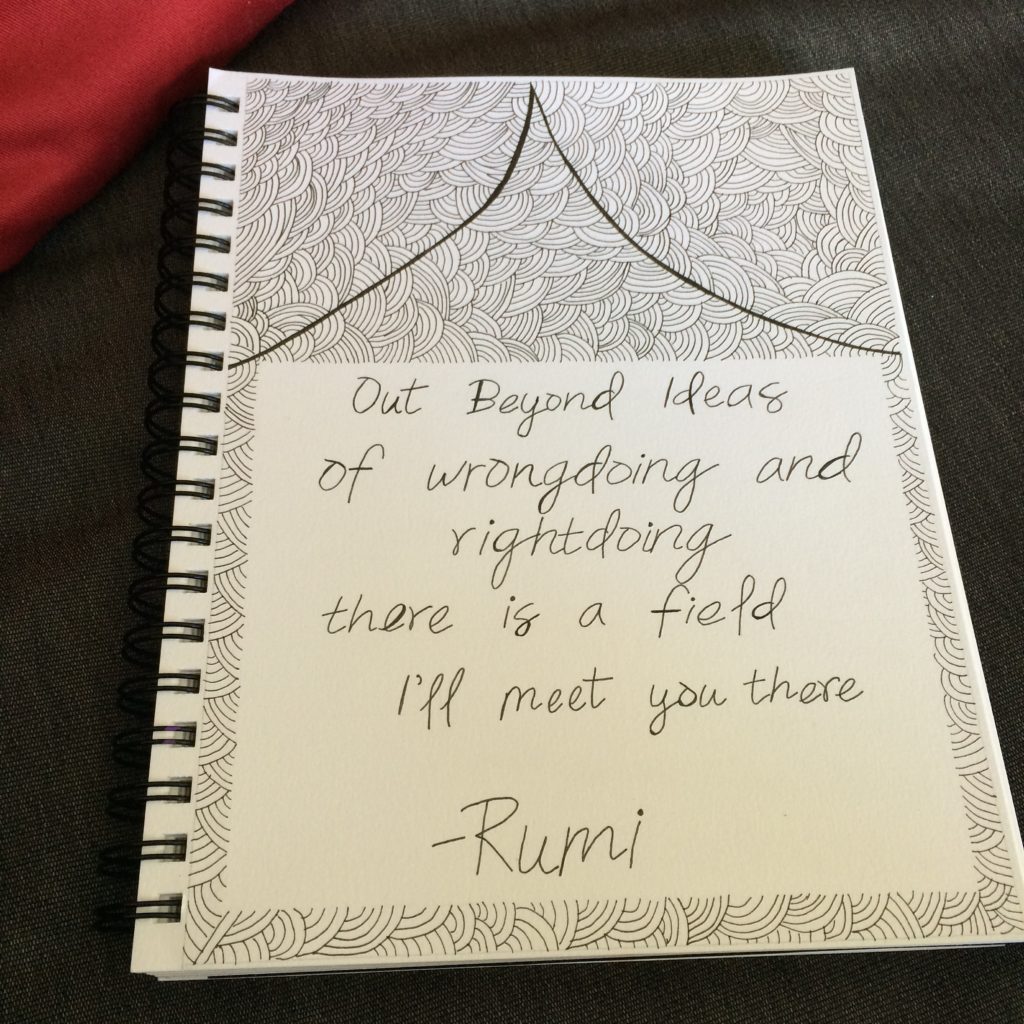I wrote the following post one morning in March after I woke up to stories of blame doing the rounds in Washington, D.C. over the failed Republican healthcare bill. In the political arena we have come to expect people to play the blame game so they can shift the conversation from themselves to someone else. It’s a strategy to survive that cutthroat world and it may be critical to hold on to power.
Where blame really plays a number on us is in our personal lives. Blame is a very accepted human response to any situation that involves dealing with pain of some degree. We all want to know who has caused this pain so we can rage against them instead of dealing with the pain itself.
According to this wonderful RSA short, Brene Brown describes blame as the discharge of pain and discomfort.
https://www.youtube.com/watch?v=RZWf2\_2L2v8
So in these respects, blame is no different from that drink you use to take the edge off or that little comfort cupcake that makes you swallow your hurt feelings. Its one more way to avoid “feeling your feelings.” What’s really dangerous about this form of avoidance or numbing is that it ruins relationships from the inside. It makes it easy for the “blamer” to avoid working on the courage to be empathic and the “blamed” to defend themselves without being accountable for their actions.
Especially in a marriage or romantic relationship, blame can become a weapon of choice that distances people over the years. A relationship where you spend a lot of time in close quarters with another person creates plenty of opportunities for conflict. These conflicts can bring you closer if you treat them as a way to bridge the gap. There needs to be acknowledgement of the problem at hand and a basic acceptance that both parties are entitled to their feelings. There needs to be the willingness to work on the problem through the pain and discomfort for the sake of the relationship whether it’s through seeking external help or committing to having open and honest communication.
What happens a lot of the time though is that it becomes easier and easier to link every little failure or misstep to the other person because you’ve practiced that trick for so long. I have been guilty of this for many years before I woke up to the fact that it did nothing for me or my relationship. For the person at the receiving end of the blaming, it becomes a reason to withdraw and seek comfort elsewhere. Over time we become skilled at this competitive sport, you blame me and I send it right back to you or worse, you blame me and I hide.
Like any other cognitive shift, this also requires practice. We cannot go from blaming to empathy in a day. It will take some effort to build trust and steer away from established patterns. For many of us who have grown up never seeing this manner of communication in practice, it may require some learning from a book on the subject or going to a therapist or a counselor. The mistake is assuming that this transition is easy or that it’s permanent. It’s a practice – sometimes it works and sometimes we go back to old ways of doing things.
What is important to understand is this – Blame doesn’t work. It serves to push us apart and there is no merit to holding onto it. Acknowledging this can go a long way in helping us steer ourselves back to a place of empathy when we lose our way. And that place is pretty great because you’re never alone there.


Great information. We underestimate the role blame plays in our lives, I think largely because we are busy blaming other people rather than questioning the Blame Game. This post really helps remind folks of that.
Thanks Mike! I think we’re all so firmly stuck in our egos that we don’t even begin to question the things we do. It takes a while for these realizations to really make an impact because there needs to be a switch at that exact moment where we decide not to blame and instead go another way.
Wow- what a wonderful post; As always you seem to find a way to capture what are some of my jumbled up self awareness, spoken silently in my inner most thoughts (such as how hurtful this blaming is/can be on my marriage) and give a voice to them. The way you prioritize such observations, attach just the right words to the thoughts, articulate them succinctly and beautifully is such a gift. I look forward to reading future posts.
Thank you Nicole! So nice to hear from you 🙂